All Stories
-
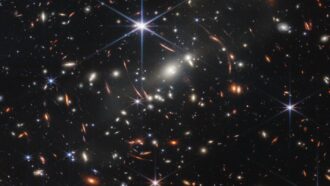 Space
SpaceDid James Webb telescope images ‘break’ the universe?
James Webb data show bright, massive galaxies that would appear to require new physics to explain. But maybe not, Hubble data suggest.
By Adam Mann -
 Tech
TechScientists Say: Digital Footprint
Your digital footprint contains both what you post online — and information about your online activity collected by others.
-
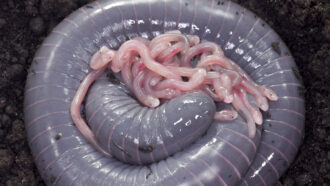 Animals
AnimalsThis egg-laying amphibian feeds its babies ‘milk’
Similar to mammals, this caecilian — an egg-laying amphibian — makes a nutrient-rich, milk-like fluid to feed its babies up to six times a day.
By Jake Buehler -
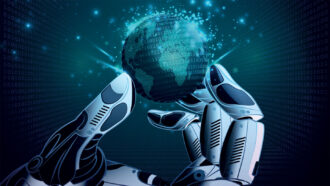 Artificial Intelligence
Artificial IntelligenceHow to design artificial intelligence that acts nice — and only nice
Today’s bots can’t turn against us, but they can cause harm. “AI safety” aims to train this tech so it will always be honest, harmless and helpful.
-
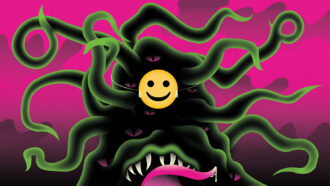 Artificial Intelligence
Artificial Intelligence‘Jailbreaks’ bring out the evil side of chatbots
Researchers break chatbots in order to fix them. This so-called red-teaming is an important way to improve AI’s behavior.
-
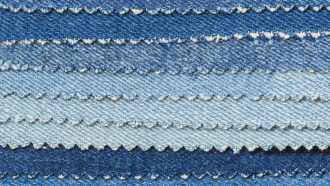 Chemistry
ChemistryTurning jeans blue with sunlight might help the environment
When dipped in indican and exposed to sunlight, yarn turns a deep blue. This process is more eco-friendly than the current denim dyeing method.
-
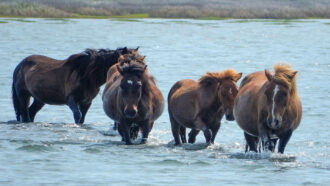 Animals
AnimalsAmong mammals, males aren’t usually bigger than females
In a study of more than 400 mammal species, less than half have males that are heavier than females.
-
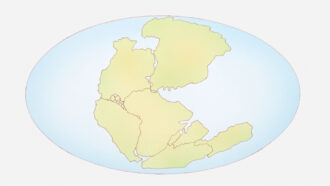 Earth
EarthScientists Say: Supercontinent
These gigantic landmasses form when much of Earth’s landmass smashes together.
-
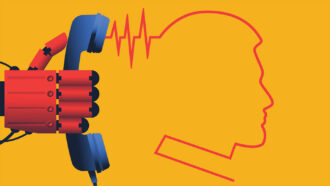 Artificial Intelligence
Artificial IntelligenceA new tool could guard against deepfake voice scams
Scammers can use AI to create deepfake mimics of people’s voices. AntiFake could make that type of trick much harder to pull off.
-
 Health & Medicine
Health & MedicineA new type of immune cell may cause lifelong allergies
These special memory cells were present in people with allergies and absent in those without.
-
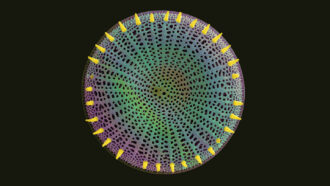 Microbes
MicrobesWhat the weird world of protists can teach us about life on Earth
Microbes vastly outnumber multicellular life on Earth. A close-up look at protists highlights how much we don't know about the microscopic world.
By Susan Milius -
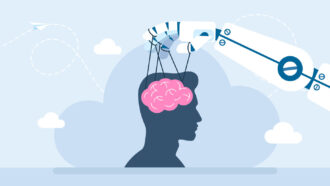 Artificial Intelligence
Artificial IntelligenceAI learned how to influence humans by watching a video game
New research used the game Overcooked to show how AI can learn to collaborate with — or manipulate — us.